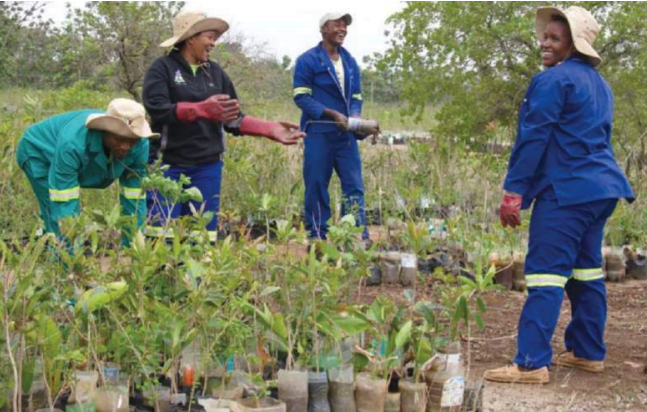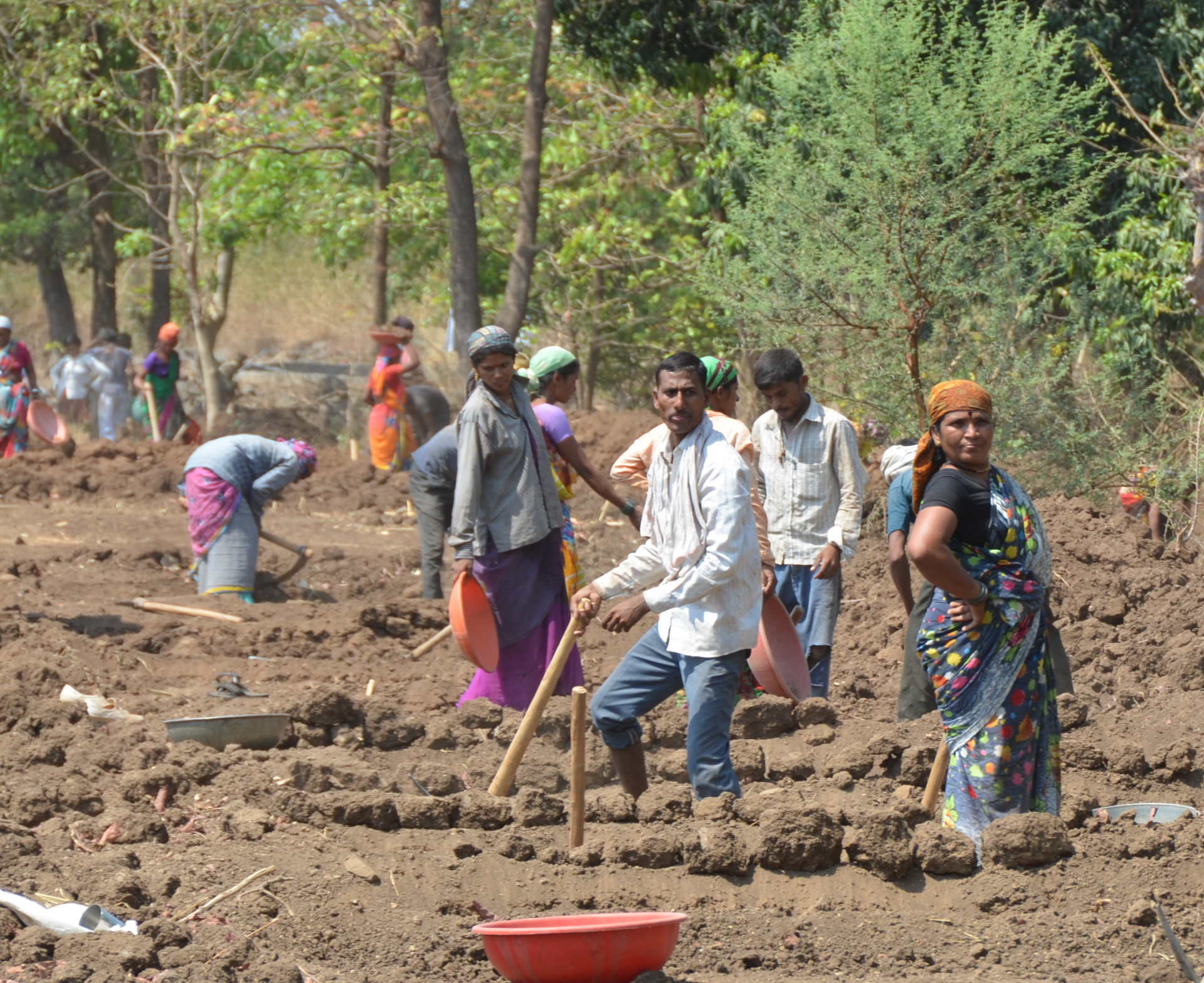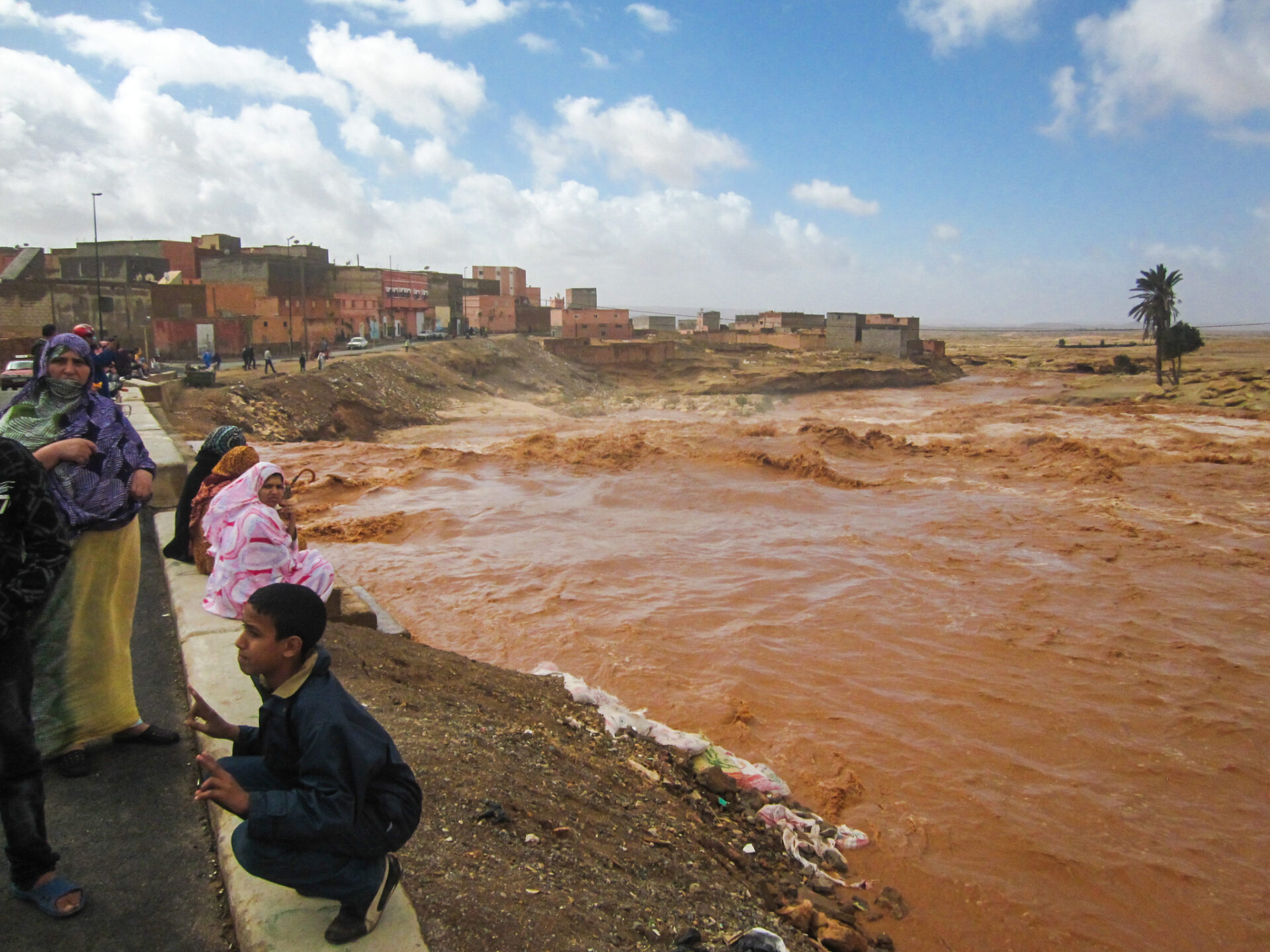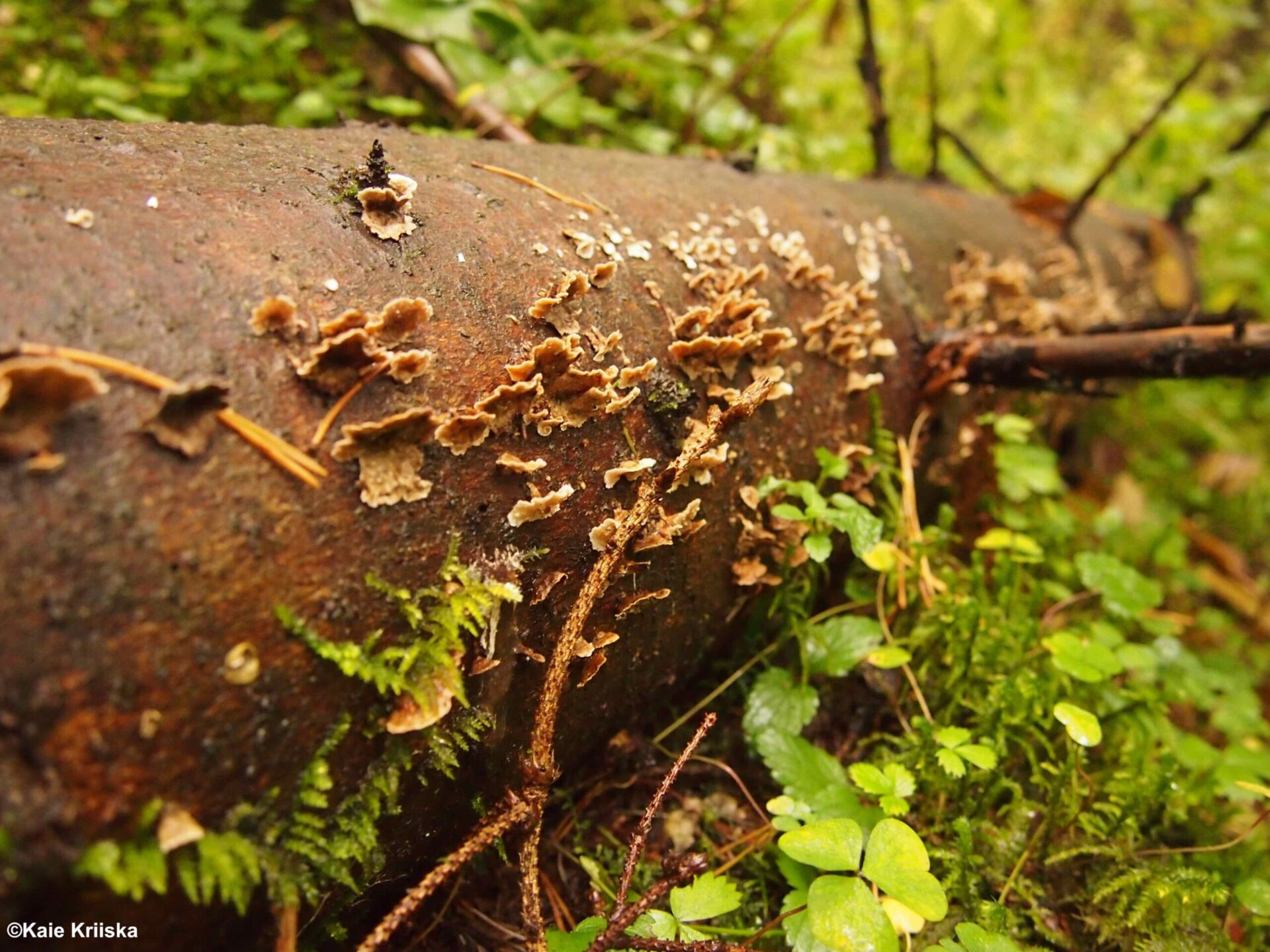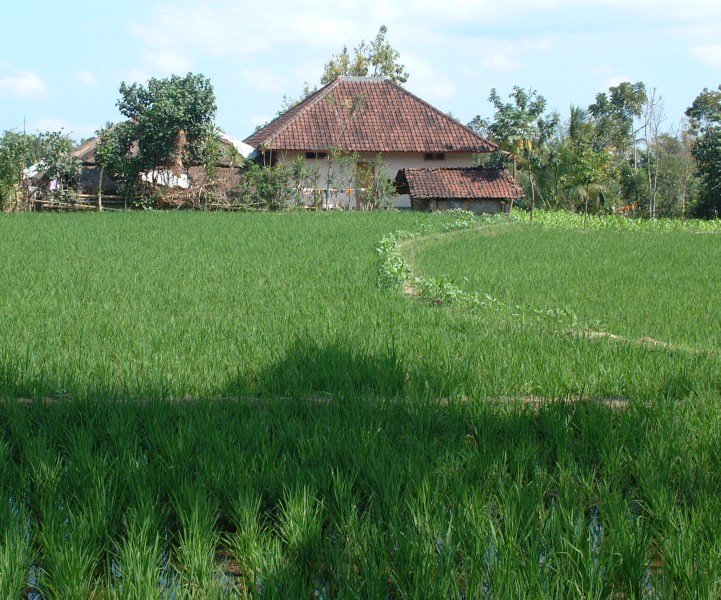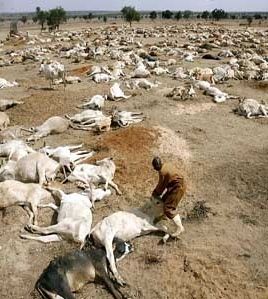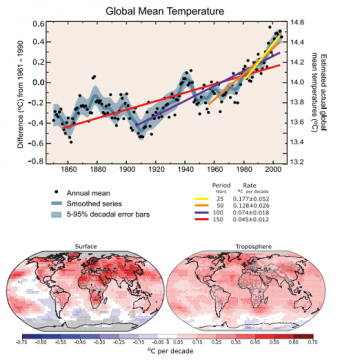temperature
Inspiring Climate Action in African Cities
This paper contains 17 case studies, each providing creative ways that various stakeholders have found to adapt to complex, interwoven climatic and social challenges.
Health vulnerability to heat stress in rural communities of the semi-arid regions of Maharashtra, India.
This policy brief examines the vulnerability of communities living in semi-arid Maharashtra to be negatively affected by heat-related stress and the increasing health implications thereof.
The IPCC’s 1.5°C Report: increasing risk of heatwaves in African cities
Suzanne Carter, CDKN Country Engagement Coordinator, highlights why we need to start seriously considering the risk of extreme heat in African cities, following the release of the IPCC’s 1.5 Report.
The climate change, migration and economic development nexus in North Africa: An overview
This article addresses the climate change and migration nexus from the perspective of disaster risks and employment, and focuses on Morocco, Tunisia and Egypt.
The BioClim project: Climate change adaptation strategy for the natural environment and bioeconomy in Estonia
The BioClim project contributed to the compilation of the Estonian national climate adaptation strategy and action plan. It considers two general themes: natural environment and bioeconomy.
Climate analysis for local communities and decision-makers in Central Lombok
Climate analysis for local communities and decision-makers in Central Lombok
